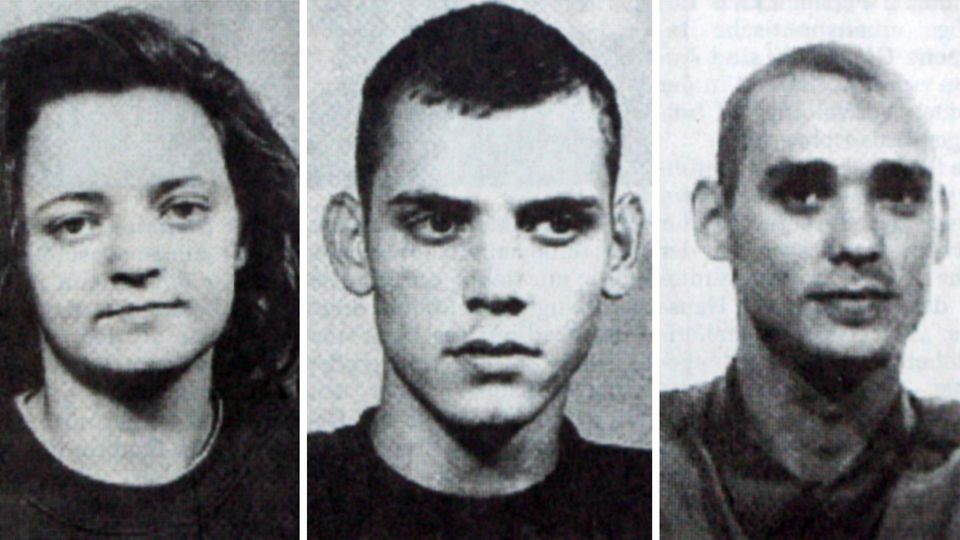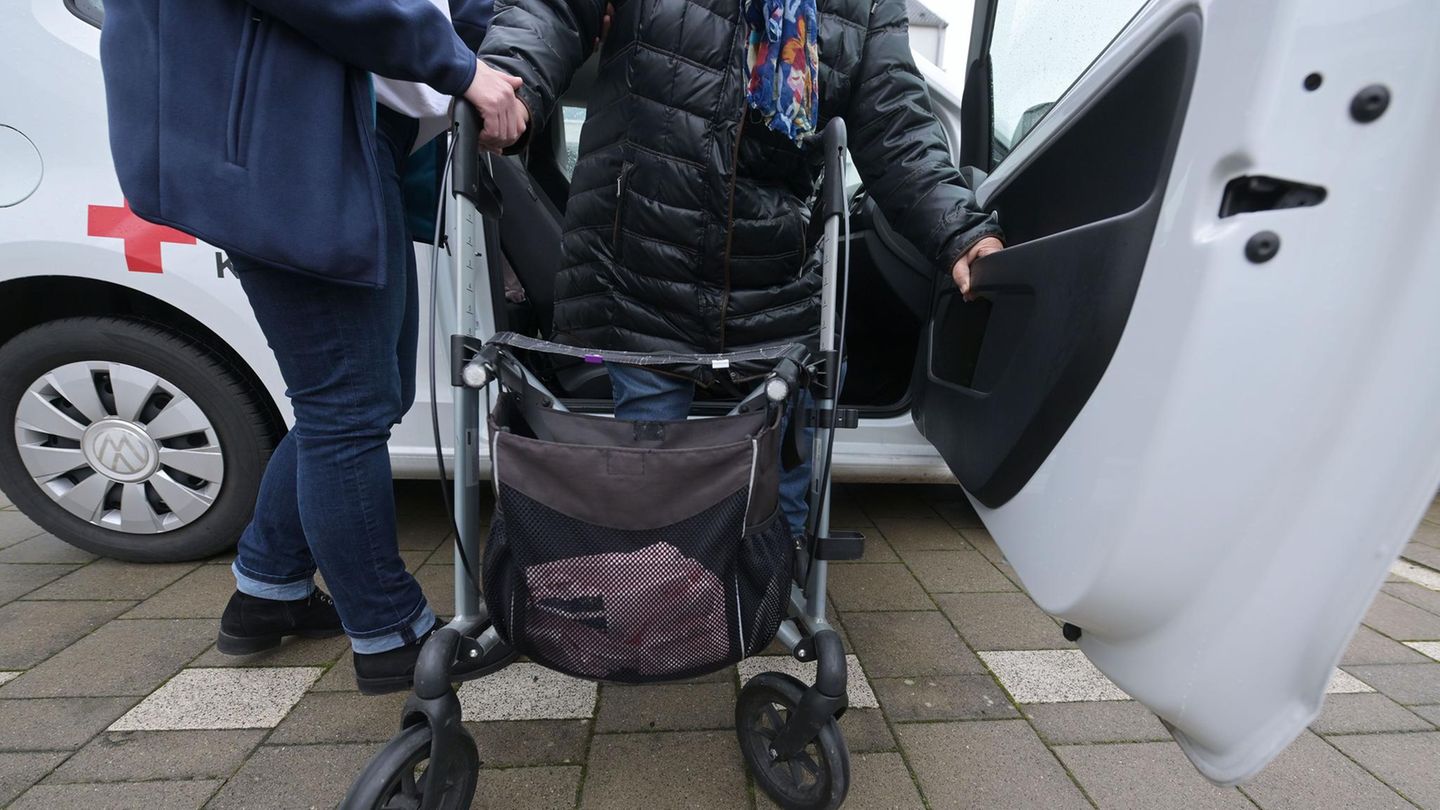The NSU trial of ten predominantly racist murders came to an end more than three years ago. But Beate Zschäpe and three co-defendants did not accept their sentences. The BGH dealt extensively with the revisions – and has now made decisions.
Beate Zschäpe has been convicted as an accomplice of the neo-Nazi terror cell “National Socialist Underground” (NSU). The Federal Court of Justice (BGH) rejected their appeal with a written decision, as the Karlsruhe court announced on Thursday. “The total life imprisonment and the determined severity of guilt have remained unaffected by this.” The revisions by the two NSU helpers Ralf Wohlleben and Holger G. were also discarded. The conviction of the three by the Munich Higher Regional Court in 2018 is therefore final. The right-wing extremist cell National Socialist Background (NSU) had murdered a total of ten people over the years and had committed two bomb attacks and several robberies.
The “overall assessment” of all the circumstances established by the OLG led to the result that Zschäpe had committed the murder attacks and robbery together with other NSU members Uwe Böhnhardt and Uwe Mundlos, who allegedly died of suicide, the BGH explained. The assessment of the evidence did not show any errors of law.
Life imprisonment and special severity of guilt for Zschäpe remains
The main question was whether Zschäpe could be convicted as an accomplice, although it has not been proven that she was at a crime scene. The BGH has now affirmed this. The NSU’s goals could not have been achieved without Zschäpe’s promised behavior of destroying evidence and sending out the confessional video. In addition, she had “already exerted” significant influence on the planning of the offenses as well as on the joint decision to act and the further will of her two accomplices to commit the offense, “it said. Zschäpe’s interest in the deeds is not inferior to that of Böhnhardt and Mundlos.
The BGH deleted an individual penalty, but it did not change the overall penalty. Zschäpe’s sentencing to life imprisonment for particularly serious guilt remains in place. She cannot be released earlier.
Zschäpe went into hiding with Böhnhardt and Mundlos in 1998. Between 2000 and 2007, the terror cell committed nine murders of people with a migration background and one of a female police officer of German origin. However, the three were never suspected. It wasn’t until 2011 that a witness noticed them after a bank robbery. Böhnhardt and Mundlos probably committed suicide. Zschäpe set fire to the apartment to destroy evidence. She also sent out confessional DVDs.
New trial against alleged NSU helpers
The trial against her, Wohlleben, G. and two other helpers began in May 2013 in Munich and lasted more than five years until the verdict in July 2018. The prison sentences for Wohlleben and G. have now also been confirmed by the BGH. Wohlleben had been sentenced in Munich to ten years’ imprisonment for complicity in nine murders, G. to three years for supporting a terrorist organization. Both of them have not yet served their sentences and have to go to jail now that the sentences against them are final.

In the case of the alleged NSU helper André E., on the other hand, the BGH negotiates verbally again. Both he and the Attorney General appealed against his sentencing to a prison term of two and a half years. This will be negotiated on December 2nd, as the BGH has now announced. A decision could therefore be made on December 15th. Another judgment against the NSU helper Carsten S. had already become final.
The BGH examines judgments exclusively for legal errors. So he doesn’t hear any more witnesses. If the judgment stands up to review, it becomes final. If the revisions are successful, the judges overturn it in whole or in part. There is a main hearing in only about five percent of all revisions. Under certain conditions, the judges can also decide in writing by resolution – namely if they consider an appeal to be inadmissible or obviously unfounded. The same applies if the Senate unanimously considers the appeal in favor of a defendant to be well founded.
David William is a talented author who has made a name for himself in the world of writing. He is a professional author who writes on a wide range of topics, from general interest to opinion news. David is currently working as a writer at 24 hours worlds where he brings his unique perspective and in-depth research to his articles, making them both informative and engaging.




